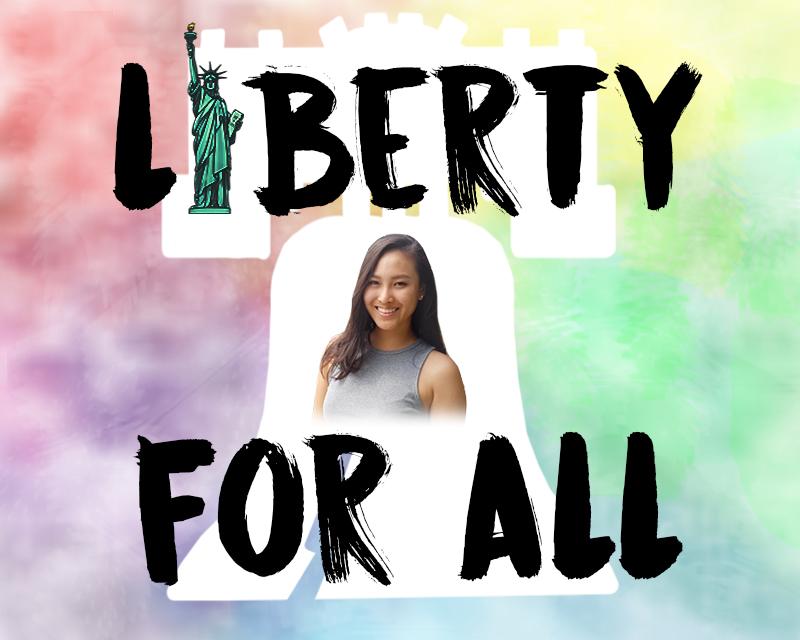Man-hating, angry anti-family women that burn bras and refuse to shave. Though this image is an older stereotype and many probably no longer strictly believe in that image exactly, it is an undeniable and unfortunate truth that the concept of feminism still has a negative connotation.
What is feminism? Feminism is, to put it simply, the belief that women should achieve social, political, and economic equality that they currently do not have.
Despite its goals, many men and women around the world are opposed to feminism for various reasons. Some of the most common arguments made against feminism are that feminism causes reverse sexism, vilifies men, and that gender inequality does not exist in the first place. The Women Against Feminism page shows women stating various reasons they do not need feminism, some of which include that they do not believe they are victims, respect and love men, do not believe that men and women are uniform, and believe that feminism does not bring equality.
Many of these arguments show valid concerns: they are right to an extent. Everyone deserves respect and love: men should not be vilified, and the actions of one man should not be interpreted as representation of the whole male population. Men and women are different, because every individual is innately different. However, these arguments do not serve as arguments against feminism, or at least the right definition of it.
The arguments that men should not be hated and that men and women are different have nothing to do with opposing feminism: true feminism is consistent with the idea that advocates equality, not a reversed power imbalance or any type of hatred. Equality has nothing to do with making men and women the exact same; equality has nothing to do with hating one side or the other.
But for some, such as those who believe that feminism focuses on a problem that has already been solved years ago and detracts from issues that need more attention, or those who believe that modern feminism has grown to only focus on trivial matters typically present in Western society, simple education about the definition of feminism is not enough.
To these people, I have two words to say: intersectional feminism.
There are many different types of feminism, since there are differing opinions about the causes and solutions to gender inequality. As defined by the Oxford Dictionary, “intersectionality” is the interconnected nature of social categorizations such as race, class, and gender as they apply to a given individual or group, regarded as creating overlapping and interdependent systems of discrimination or disadvantage. In other words, intersectional feminism is the belief that women experience oppression in varying configurations and in varying degrees of intensity depending on other factors, and that problems experienced by women in different circumstances deserve to be addressed and combated, even by those who are not in the same situation.
That means that even if woman does not feel like she is necessarily oppressed, if there are other women that are being oppressed for any other reason, it is the responsibility of other women to stand up against that oppression. Equality should be universal: equality should be intersectional.
However, still some may say that feminism, intersectional or not, causes reverse sexism, as it ignores the problems of men who are also discriminated against and experience difficulties.
It is true that there are men that live difficult lives that deserve to have a better quality of living. The truth is that there are people from all backgrounds and identities who suffer, and that has to change. But the fact that there are men who also experience difficulties does not change the fact that we live in a patriarchy, a male-based society. It does not change the fact that there is still an inherent male privilege in our society. Male-privilege is still very real and very present. Discrimination of women is still very real and very present.
A list of women’s experiences of inequality could constitute an entire article in it of itself, but some undeniable core examples able to be backed by statistics are the gender pay gap and violence against women. However, if these issues are still not enough to prove that gender inequality exists and needs to be combatted, let us shift our focus outside of Western societies.
Though all countries still have at least some evidence of gender inequality, Western societies have seen immense improvements. However, there are women outside of this bubble of progress that experience worse offenses just for being born a woman–genital mutilation and infanticide, to name a few. Just because discrimination is not happening right in front of you does not mean it is not happening.
The point is, gender inequality exists, and as long as it exists, feminism, especially intersectional feminism, is necessary. So the next time someone claims to reject feminism because they want “true equality,” say, “me too! That is why I am a feminist.”

